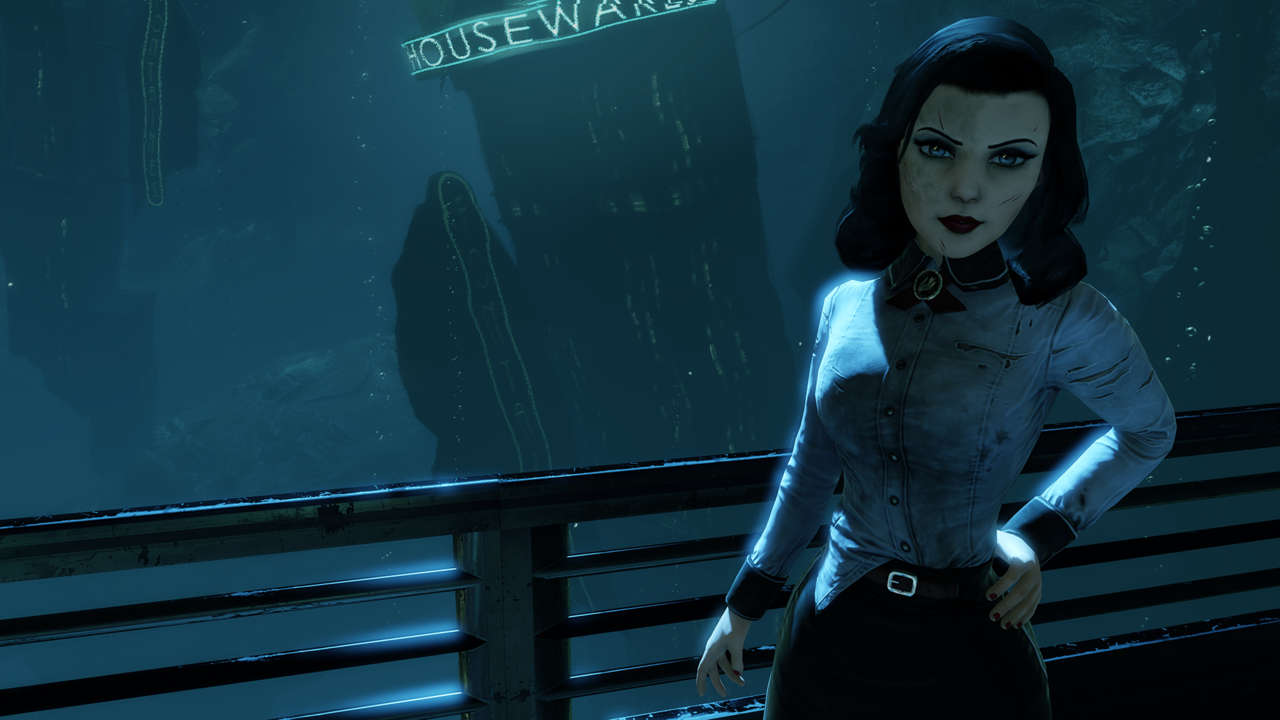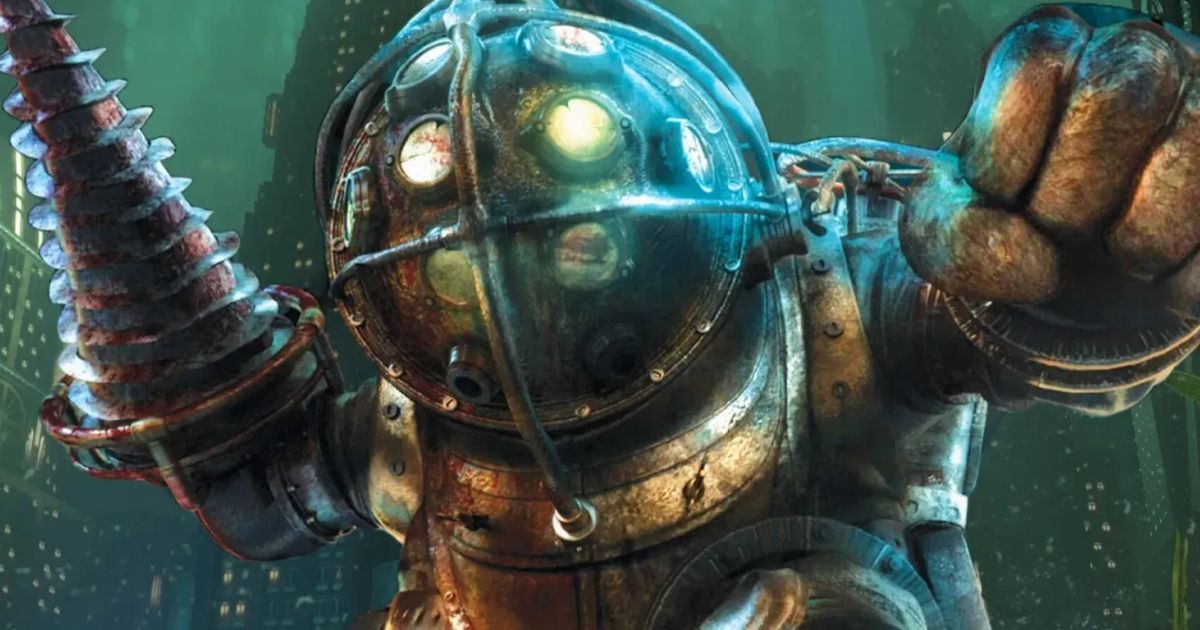The BioShock series stands as a monument in video game history, lauded for its intricate narratives, unique dystopian settings, and profound philosophical undertones. From the underwater city of Rapture to the airborne marvel of Columbia, each installment has left an indelible mark on players. Anticipation for a fourth main entry, currently referred to as BioShock 4, has been palpable since its announcement.
However, the journey for this new iteration appears to be anything but smooth. Recent reports indicate significant shifts behind the scenes at Cloud Chamber, the new 2K studio entrusted with steering the franchise forward. These developments raise questions about the direction and eventual fate of one of gaming`s most revered intellectual properties.
A New Studio, A Familiar Franchise, A Troubled Start?
Unlike its predecessors, BioShock 4 is being developed by Cloud Chamber, a studio specifically formed by 2K to carry the torch. This marks a notable departure from previous developers like 2K Boston (later Irrational Games) and 2K Marin. Furthermore, series creator Ken Levine, renowned for his visionary work on the first and third BioShock titles, has confirmed he is “not involved at all” in the new project. This clean break has always meant the next BioShock would stand on its own, but recent news suggests the transition may be more turbulent than anticipated.
The most striking development surfaced on August 1st, when reports indicated that Cloud Chamber`s global studio head, Kelley Gilmore, was “ousted” following a critical internal review of BioShock 4 by 2K Games executives. The specifics suggest that the game`s narrative elements, a cornerstone of the BioShock experience, required substantial rethinking. This is a concerning revelation, especially for a series celebrated for its storytelling depth.
Adding to the disquiet, a concurrent report mentioned the cancellation of a remake of the original BioShock game earlier this year. While potentially separate from BioShock 4`s challenges, this news paints a broader picture of strategic adjustments, or perhaps outright difficulties, within the BioShock development ecosystem at 2K.
What We (Don`t) Know About BioShock 4
Despite the high profile of the franchise, concrete details about BioShock 4 remain remarkably scarce. Announced in December 2019, 2K stated the game would be in development for “the next several years.” Fast forward to 2025, and official updates have been minimal. There is no release date, not even a release window, nor has a trailer been unveiled. This prolonged silence, now punctuated by reports of internal strife, only amplifies speculation.
Key aspects like the game`s story, setting, and characters are still under wraps. Previous titles transported players to unique, memorable locales, each a character in itself. The shift from Rapture`s decaying art deco splendor to Columbia`s vibrant, albeit prejudiced, sky-high utopia set a high bar for environmental storytelling. The new studio faces the unenviable task of crafting a world that lives up to this legacy without a single visual or narrative hint yet provided.
On a more technical note, job listings at Cloud Chamber have indicated the use of Unreal Engine 5, Epic`s latest iteration of its powerful game development engine. This aligns with the series` historical reliance on Unreal technology and suggests a visually ambitious project, assuming it moves forward as planned.

The Broader BioShock Universe and Ken Levine`s Path
Despite the current development hurdles for BioShock 4, the franchise remains a significant asset for Take-Two, 2K`s parent company. The entire BioShock series has sold over 43 million copies, and every single game has garnered at least one “perfect” review score. This commercial and critical success underscores the immense pressure on Cloud Chamber to deliver a title worthy of the BioShock name.
Meanwhile, Ken Levine, the creative force behind the original BioShock and Infinite, is forging a new path entirely separate from his former creation. After downsizing Irrational Games, he rebranded it as Ghost Story Games. Their current project, Judas, is described as a procedurally generated roguelite, a significant departure from the linear, narrative-heavy experiences of BioShock. Levine`s focus on innovative procedural storytelling highlights his desire to explore new creative territories, leaving the BioShock legacy in other hands.
Beyond the games, the BioShock universe is also expanding into other media. Netflix is actively developing a BioShock movie, with Francis Lawrence, known for his work on The Hunger Games, set to direct. Despite internal changes at Netflix, the project remains in production, further cementing the franchise`s reach across entertainment platforms.
Uncertainty and Anticipation
The recent reports surrounding BioShock 4—the studio head`s departure due to a critical narrative review and the canceled remake—paint a picture of a project grappling with its identity and execution. While such challenges are not uncommon in the complex world of AAA game development, they are particularly notable for a franchise with such a distinct and beloved legacy.
Fans, accustomed to the series` high standards for storytelling and world-building, will undoubtedly watch with a mixture of concern and fervent hope. The path forward for BioShock 4 remains shrouded in mystery, but one thing is clear: its development journey is proving to be as intricate and unpredictable as the narrative twists within the games themselves.

